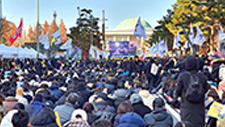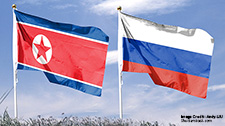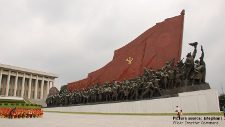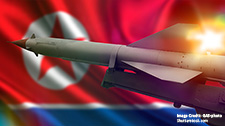Seoul Says North Korea Didn’t Test Hwasong-17 ICBM After All
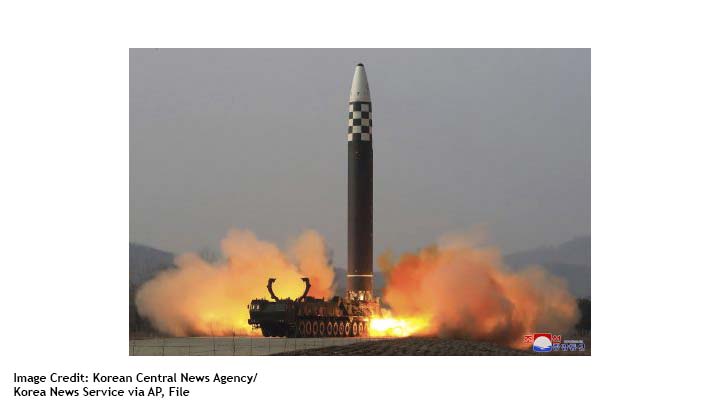
Mitch Shin
Introduction:
North Korea claims that it successfully tested its new Hwasong-17 intercontinental ballistic missile (ICBM), which first appeared in a military parade in October 2020, on March 24, eight days after another suspected ballistic missile blew up immediately after liftoff.
However, the South Korean Defense Ministry says what the North tested on March 24 was not the Hwasong-17, but the Hwasong-15.
In a closed briefing to the National Assembly, the Defense Ministry reported to lawmakers that the missile launched on March 24 seems more like the Hwasong-15 than the Hwasong-17 based on the ministry’s analysis of the performance of the missile and video footage released by the North’s state media on March 25.
In the heavily edited video released by the North’s state media a day after its ICBM test, the missile launch was conducted under clear skies. However, the Sunan area, near Pyongyang, was cloudy on March 24. In this context, Seoul suspects that the missile launch captured in the video might be scenes from the failed missile test on March 16.
Also, the directions of the shadows in the video seem to suggest the footage was taken in the morning. The launch on March 24 was taken in the afternoon; the failed missile test on March 16 was conducted in the morning.
Related Publications
-
Martial Law and Political Polarization: What’s in Store for South Korea?
Abstract On December 3, South Korean President Yoon Suk-yeol declared emergency martial law, shocking both the country and the rest of the world. However, the martial law was only in […]
-
Unraveling of a martial law attempt: South Korea’s democratic moment
South Korea, once known as the “Land of the Morning Calm” and the Hermit Kingdom, has a complex modern history marked by ideological tensions and political challenges. Since the establishment […]
-
Russian and DPRK Military Cooperation in Ukraine – A Win-Win?
In early August 2024, Ukraine launched a significant offensive in the Kursk region in Western Russia which may have prompted the activation of the DPRK-Russia Strategic Partnership Agreement and triggered […]
-
Kamala Harris on North Korea: Change or Continuation?
Despite many efforts and different strategies, both previous and current U.S. administrations have been unsuccessful in preventing the Democratic People’s Republic of Korea (DPRK) from developing its nuclear and missile […]
-
Kamala Harris and North Korea: Between Continuity, Pragmatism, and Strategic Realignment
A possible future Harris administration is likely to continue the Biden administration’s approach to North Korea, focusing on sanctions and diplomatic pressure. This strategy may be shaped by broader geopolitical […]
